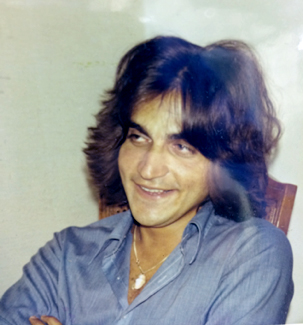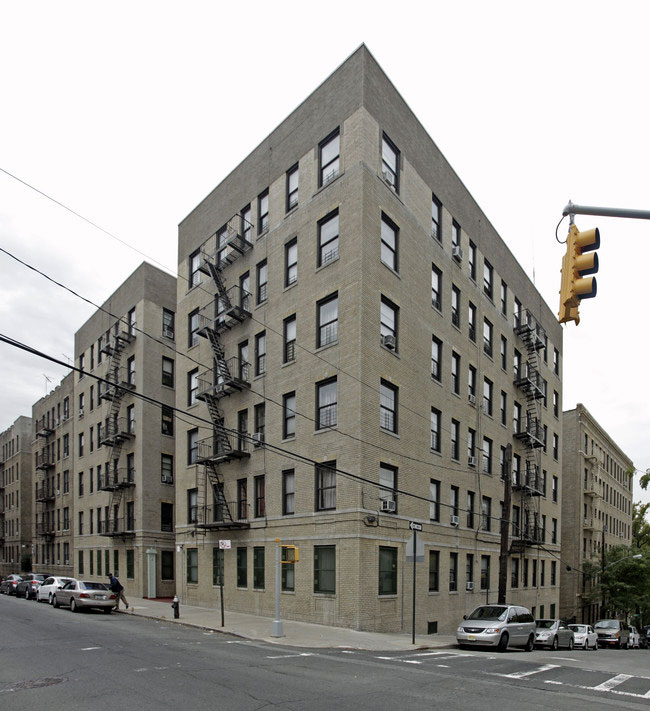“The two most important days in your life are the day you are born
and the day you find out why.”
Mark Twain

Many years ago, I recalled telling a Swiss colleague the story of how my family came to America and made a life for themselves in a new world. He was nearly speechless. He told me that what I described could never happen in Switzerland.
My family’s story, like many others, was about beating the odds through risk-taking and hard work and overcoming great hardship during the first half of the 20th century. It was also about those who came to America to pursue their hopes, dreams, and ambitions with their innate talents in a nation that stood for individual freedom and liberty. This unique culture enabled these newcomers to flourish and contribute to a country eager to grow. However, they found living conditions in places like New York City to be challenging by today’s standards but better than those they left behind.
I am a first-generation Italian. Both my parents were born in Italy. My mother, Amelia (“industrious” from the German), came to this country from a small commune in Sicily , Roccalumera, through Ellis Island at the turn of the century as an infant in her mother’s arms. My father, Abele (“breathing spirit” from the Hebrew), came illegally through Canada during the Great Depression from a small town outside of Naples, Castellammare di Stabia. He managed to achieve things far beyond what he could have ever imagined, including decorating the White House for President Johnson’s inauguration.

I grew up in the northeast Bronx, mainly during the 50s and 60s, when New York street gangs were prevalent. These gangs were a part of folklore passed on by those, like myself, who hung around street corners. Songs, like The Wanderer sung by Dion DiMucci, captured life on those streets through the words:
“Oh well, I roam from town to town
I go through life without a care
And I’m as happy as a clown
I with my two fists of iron and I’m going nowhere”
I eventually became a part of this culture. I started with hope and aspirations like most kids, but over time this optimism decayed through self-doubt and the security offered up by a Bronx street gang. This decay eventually immersed me in violence and the dark side of growing up on the streets. My participation in a very serious crime put me in jail. This experience nearly destroyed my life. However, the tragedy of it ignited my spirit and courage to eventually transform my life to one of value to myself and others.
As fate would have it, I managed through redemption and hard work to escape from the streets. I attribute this to the unconditional love of my parents and an unrelenting personal desire to seek meaning in life. I eventually discovered a passion with the help of some teachers. Looking back, the pathway out of what anyone would call a total waste of life was fortuitous. Nevertheless, that path took me on a transformational journey to a doctoral degree in physics from M.I.T., which provided life-changing opportunities I could never have imagined growing up on the streets. If you were to tell me when I was 17 years old that I would accomplish this, I would have told you that you were out of your mind. Nevertheless, I managed to mentally move from street culture to a highly intellectual one, never feeling completely comfortable with the transition even to this day.
My passion for science and its role in our society eventually enabled me to pursue several separate professional careers in academia, government, and the private sector. I learned a great deal about these three sectors, their distinct cultures, and how each contributes to our national research and development (R&D) enterprise. It has taken me a long time to understand and appreciate what the terms research and development mean in human and practical terms. The acronym, R&D, which those in the trade use as if it was a common language, is obscure. Like all acronyms, the actual meaning is hidden, but hopefully, my use of R&D ion this site will change this. I have spent the last 40 years analyzing, influencing, and contributing to academia, government, and the private sector. This experience has enabled me to appreciate their diversity and their very different missions and goals. Over the last 50 years, there has been a significant transformation in each of these three cultures, primarily due to government policies that reflect changes in our national priorities. These changes are also affecting our ability to create the future, which is the central subject of this website.
